
- Last Online27 minutes ago
- GenderMale
- BirthdayFeb 20, 1998
- LocationIndianapolis, IN
- JoinedJan 14, 2021
All (15)Friends
RSS Feeds
|
My first anime was Yu-Gi-Oh back in elementary school, and I first read Hikaru no Go in middle school and high school. I discovered the rest of anime in 2020 during quarantine through Studio Ghibli. My primary interest lies with classics; I figure that most of the contemporary anime worth watching will still be there down the line, so I prioritize them less. That being said, I do still try to keep my ear to the ground for promising new shows. If you want to see my thoughts on a show beyond just the raw score, check the tags on the side of the screen (these tags are not visible on mobile); everything I've seen has at least something written, though the quality of each blurb may vary. I rarely write full reviews, and more rarely post them; I only post ones that I feel are worth a reader's time.
What I look for in a show: Fundamentally, my criteria boil down to "how well does the show or movie do what it's trying to do" and "how much do I enjoy what it's trying to do," with varying emphasis on each. Things like Kill la Kill execute mostly pretty well; I'm just not a huge fan of the premise, so it's harder for me to care. Nausicaä (film version), on the other hand, has many flaws in execution, but I absolutely adore the premise. More pointedly, I judge individual aspects of anime in two broad categories: ones with a caveat of "unless that's the point," and ones that really have to be good, or else the anime suffers. That is not to say I "grade" each aspect on a 1-10 scale like some reviewers do; that is reductionist and silly. Art must be judged holistically if it is to be judged at all. What I mean is that these are the things that typically stick out to me when I watch. All that being said, there's always an element of "how seriously does this anime want to be taken?" For anime that clearly don't want to be scrutinized, like Gunbuster, Gunsmith Cats, or Ya Boy Kongming, my opinion is really just a matter of how fun they were. For ones that are taking themselves seriously, I do my best to do the same. For better or for worse. 1. Characters: Fundamentally, the most important things for a character to be are engaging and believable. These can come from their own individual complexities (Ashita no Joe), their aspirational qualities (Nausicaä of the Valley of the Wind) or their relatability to me in particular (When Marnie Was There). Even a compelling plot will typically begin to bore me if I can't get invested in the characters (Unlimited Blade Works, I Want to Eat Your Pancreas), with rare exceptions (Akira). In a more plot-driven story, they don't even really need complex arcs; a hero's journey is enough for me to love it (Erased, Castle in the Sky). The reverse is also true: compelling character arcs are enough to carry a straightforward plot (Spirited Away, A Place Further than the Universe). That being said, characters don’t necessarily need to be interesting in and of themselves if their thematic significance to the plot makes them interesting (Metropolis). 2. Worldbuilding: This one's mostly in the realm of fantasy and sci-fi. If the world is interesting and internally consistent, that's a win (Nausicaä of the Valley of the Wind, Lord of the Rings). More broadly, though, a show should give me a sense of time and place. If a show nails its characters and worldbuilding, that can make for a decent score even if its other aspects are less impressive (Howl's Moving Castle). A world that is either inconsistent or repeatedly uninspiring will rapidly ruin my enjoyment without something else to keep it afloat (Magus Bride). However, a show’s awareness of its own lack of logic can serve as a catalyst that just brings you along for the ride (Gunbuster, Gurren Lagann). 3. Plot: I am honestly not that picky when it comes to plot. The only things I need are for it to make sense and not be completely littered with holes and conveniences (Code Geass). The plot doesn’t really even need to be there if the show’s interest is elsewhere (K-On!). I've rarely encountered this in anime, but if a plot's nonsensicality adds to either its tone or message, that can also enhance a work (Night on the Galactic Railroad, and Fritz Lang's Metropolis is a good live action example). 4. Theme: A really great piece of media should, for me, have some level of meaning beyond its own events, whether it's philosophical (Madoka Magica), political (Legend of the Galactic Heroes), or just about how you live (When Marnie Was There). However, if they are so overt or clumsy that they overshadow the plot or characters, they can very quickly become a negative (Megalobox Season 2). A show can also just be there to entertain (Redline), and there is nothing wrong with that so long as I don't feel that my intelligence is being insulted (My Bride Is a Mermaid). 5. Animation: Typically, a show's animation has to be truly awful (Space Battleship Yamato) or repetitive (Fist of the North Star) for it to really detract from my experience. That being said, if I've come to expect a certain animation quality and am suddenly faced with a drop, that will bother me (Attack on Titan, One Punch Man). CGI is not inherently bad, but I will almost always prefer 2-D to 3-D unless it serves a strong narrative, thematic, or tonal purpose (The Sky Crawlers, The Vision of Escaflowne) or is incredibly well-disguised (Cowboy Bebop). Most of the time, good animation is just a nice touch, but if it's really spectacular (Akira, Redline, Violet Evergarden, Shinkai's filmography, etc.) it can really elevate a work. Yes, I am admitting that I can get distracted by the pretty colors. Sue me. 1. Direction: Direction is all-encompassing. It involves shot composition, background art direction, sound, editing, and sometimes writing; it affects the tone, mood, and pacing, and places the viewer in a distinct time and place. Is that vague? Yes, because direction is a hard thing to quantify; at least, it is for me. I leave animation off the list for a reason; a skilled director can make minimal animation into something spectacular (Kino’s Journey, Serial Experiments Lain, the entire filmography of Osamu Dezaki), while a poor one will not be saved by any amount of pretty color spattered on screen (Bubblegum Crisis, Takt Op. Destiny). There are just some shows where there is a clear vision from the director, which is apparent to anyone who watches their work (Gunslinger Girl, Ashita no Joe). 2. Characterization: I consider this distinct from character; I think of characterization as how characters are used and portrayed within a story, as well as how they contrast with other characters and the themes. Most of the time, characters should feel well-rounded, three-dimensional, and full of personality. However, sometimes the media demands something different. As obnoxious as self-inserts usually are, they can be used to great effect to inspire a change in the audience (5 Centimeters per Second). At other times, archetypal characters can be used to symbolize the idea of a person (Grave of the Fireflies). In these situations, even if the characters aren’t complex in and of themselves, the way they are used in the story keeps them engaging (The Sky Crawlers, Ashitaka in Princess Mononoke; Fritz Lang’s M is a good example of this from outside anime). 3. Tone: If the moment is serious, let it be serious. Naturally, shows can include both comedy and drama (Kaguya-sama and Legend of the Galactic Heroes), but the undercutting of serity with half-hearted comedy or slapstick violence is the single fastest way to wreck my opinion of a potentially great series (Your Lie in April). Excessive random fanservice will accomplish this feat nearly as fast (Soul Eater). There are shows that effectively balance comedy and drama in frequent tandem with each other (Cowboy Bebop, March Comes in Like a Lion), but it is a hard thing to effectively pull off. 4. Writing: Writing is very simple: do the events of the plot naturally flow from one to the next? Do the character’s motivations, personalities, and interactions remain believable? Is their dialogue both fitting and engaging (Odd Taxi)? Is there enough subtext to approximate some depth (March Comes in Like a Lion)? Are the themes consistent and right, or if I disagree with them, are they at least effective in making me empathize with their point of view (The Sky Crawlers)? Disclaimer: most ecchi shows will fail this rating. If a show succeeds in other aspects, I can forgive weaknesses in writing, but a weakness in it will always be a weakness (Code Geass). 5. Sound I'm not difficult to please here. Soundtrack and score should be both good on their own merits and tonally consistent with the rest of the work (Cowboy Bebop, Violet Evergarden). Sound effects shouldn't break immersion - this goes for both diegetic and nondiegetic sound (see all of Masafumi Mima's work, and most of Osamu Dezaki's). Good voice acting should be a given (Attack on Titan). This is probably the aspect I'm most willing to forgive; if other parts are strong, subpar sound design will not usually detract all that much (Nausicaä of the Valley of the Wind). To reiterate, I do not grade individual aspects to form my scores; these are just the things that typically stand out to me. Scoring guidelines: 1/10 - 0/100 to 14/100 - As of now, the only anime I've given a 1/10 to is Lord of the Rings: The War of the Rohirrim. An artistically bankrupt cash-grab that couldn't even be bothered to follow through on its own framing device. 2/10 - 15/100 to 24/100 - Something that actively annoyed me throughout its entire runtime, and is only kept from a lower score by small amounts of goodness sprinkled throughout (FLCL). That or it does one thing I really like (Conqueror of Shamballa). 3/10 - 25/100 to 34/100 - Completely uninteresting or aggressively contrived. Essentially, I was completely unable to get invested in the anime, but there were enough things I enjoyed that it wasn't a complete failure (Ninja Scroll). Alternatively, a show whose negative aspects completely derailed any level of goodwill I had for it (looking at you, SAO). 4/10 - 35/100 to 44/100 - More bad then good. Usually very forgettable (Takt Op. Destiny, Josee, the Tiger and the Fish); I remember my 3s and 2s more than my 4s and 5s typically. 5/10 - 45/100 to 54/100 - Good and bad about evened out. I don't mean this to be an average; the things I liked and the things I didn't like literally added up to the same (Tokyo Ghoul). With occasional exceptions (Magus Bride), these also tend to be really forgettable. If I had no strong feelings at all, this is probably where it ended up (The Place Promised in Our Early Days). 6/10 - 55/100 to 64/100 - Generally, my net feelings were positive, but I wouldn't really say I like them (Suzume, Cyberpunk: Edgerunners). This is also where I tend to stick ones that are probably good on their own merits, but don't appeal to me at all. Things like Millennium Actress, Garden of Words, and Kill la Kill don't have much that I can complain about, but I won't lie and say I liked something I didn't. 7/10 - 65/100 to 74/100 - Noticeable flaws, but still very enjoyable. My usual reaction when thinking about these later on is "man, that was a good one." If an anime was consistently strong, but never really exceptional in any way, this is probably where it ended up (Dororo 1969). Otherwise flawed anime whose strong artistic vision I can feel will also end up here (Horus, Prince of the Sun). The prime candidates for rewatches also for some reason end up here, though I couldn't tell you why (Samurai Champloo). 8/10 - 75/100 to 84/100 - Just a really good anime. These are defined by consistency. Kinda like a 7 but achieves real greatness at some point during its run (Cardcaptor Sakura); kept from being a 9 usually by something major (Toradora, Nausicaä of the Valley of the Wind). Otherwise, a consistently solid show that delivers on its ideas without frustrating me (A Silent Voice). 9/10 - 85/100 to 94/100 - I love these. They either hit all the right notes and don't annoy me at all (Patema Inverted), are just genuinely fantastic in their own right (Fate/Zero), or they have some aspect that elevates them above their flaws (Death Note). 10/10 - 95/100 to 100/100 - Serious contenders for my favorite pieces of media, in film or otherwise. They certainly aren't all flawless, but they all deliver on all their ideas and have something special that elevates them above the rest. Sometimes, though, they really are just perfect (Grave of the Fireflies). Or to go with a more basic criteria, I think it's better than my favorite movie, Castle in the Sky. More favorites because I ain't paying MAL (follow Anime News Network's example and add Scott Pilgrim and War of the Rohirrim to the database you cowards): Standalone Anime:
Sequels:
Characters: People:
Episodes, one per franchise (this is a very rough list at the moment; revisions are probably imminent): 1. Ashita no Joe 51 2. March Comes in Like a Lion 40 (HM 26) 3. Violet Evergarden 10 4. Legend of the Galactic Heroes 83 5. Erased 8 6. Hunter x Hunter 135 7. Fullmetal Alchemist: Brotherhood 22 8. Cowboy Bebop 18 (HM 7) 9. Kino's Journey 13 10. Cardcaptor Sakura 66 Favorite OPs (one per franchise; <> implies spoilers): 1. A Cruel Angel’s Thesis – Neon Genesis Evangelion OP 2. Again – Fullmetal Alchemist: Brotherhood OP 1 3. Tank! – Cowboy Bebop OP 4. Duvet – Serial Experiments Lain OP 5. Setsuko and Seita – Grave of the Fireflies OP 6. Rose – Nana OP 1 7. Guren no Yumiya – Attack on Titan OP 1 8. Pre-Parade – Toradora! OP 1 9. The World – Death Note OP 1 10. Raise the Flag – March Comes in Like a Lion OP 3 11. The Girl Who Fell from the Sky – Castle in the Sky OP 12. Sorairo Days – Tengen Toppa Gurren Lagann OP 13. Connect – Puella Magi Madoka Magica OP 14. Hikaru Nara – Your Lie in April OP 1 15. Re:Re – Erased OP 16. Bara wa Utsukushiku Chiru – The Rose of Versailles OP 17. Chiki Chiki Ban Ban – Ya Boy Kongming! OP 18. Departure! – Hunter x Hunter (2011) OP 19. Unravel – Tokyo Ghoul OP 1 20. Ai wo Torimodose!! – Fist of the North Star OP 1 21. Nausicaä of the Valley of the Wind – Nausicaä of the Valley of the Wind OP 22. Bow and Arrow – Medalist OP 23. The Light Before We Land – Gunslinger Girl OP 1 24. <Love Is Show> – Kaguya-sama: Love Is War OP 4 25. Resonance – Soul Eater OP 1 26. Hacking to the Gate – Steins;Gate OP 27. Platinum – Cardcaptor Sakura OP 3 28. Sugar Sweet Nightmare – Bakemonogatari OP 5 29. Sincerely – Violet Evergarden OP 30. Dream Lantern – Your Name. OP 31. The Theme of the NOMAD – Megalobox OP 2 32. Sunrise – The Breakfast Serenade – From Up on Poppy Hill OP 33. Country Roads – Whisper of the Heart OP 34. Deep in Abyss – Made in Abyss OP 1 35. Crossing Field – Sword Art Online OP 1 36. Lipstick Message – Kiki’s Delivery Service OP 37. Cobra – Space Adventure Cobra OP 38. Tada Hitori – Ping Pong the Animation OP 39. Plan A – The Elusive Samurai OP 1 40. Konya wa Hurricane – Bubblegum Crisis OP 1 41. Zankyou Zanka – Demon Slayer OP 3 42. Tabibito no Uta – Mushoku Tensei OP 1 43. The Girls Are Alright – A Place Further than the Universe OP 44. My Generation – A Silent Voice OP 45. Midnight Blues – Ashita no Joe OP 3 46. Making of a Cyborg – Ghost in the Shell OP 47. Raise Your Flag – Mobile Suit Gundam: Iron-Blooded Orphans OP 1 48. Yuusha – Frieren: Beyond Journey’s End OP 1 49. Uchuu Senkan Yamato – Space Battleship Yamato OP 1 50. Ichiban Ippai – K-On! Movie OP 51. Here – The Ancient Magus’ Bride OP 1 52. Fugainaiya – Honey and Clover OP 2 53. SHINY DAYS – Yuru Camp OP 1 54. I’ll Be the One – Hikaru no Go OP 2 55. All the Way – Kino’s Journey (2003) OP 56. <Rewrite> – Fullmetal Alchemist (2003) OP 4 57. Gunsmith Cats Theme – Gunsmith Cats OP 58. Sea of the Stars – Legend of the Galactic Heroes OP 3 59. The Day – My Hero Academia OP 1 Favorite EDs (one per franchise; <> implies spoilers): 1. The Real Folk Blues – Cowboy Bebop ED 2. The Beautiful World – Kino’s Journey (2003) ED 3. <<<Magia>>> – Puella Magi Madoka Magica ED 2 4. Hikari no Hashi wo Koete – Legend of the Galactic Heroes ED 1 5. Shiki no Uta – Samurai Champloo ED 6. Carrying You – Castle in the Sky ED 7. Hunting for Your Dream – Hunter x Hunter (2011) ED 2 8. Sore wa Chiisana Hikari no You na – Erased ED 9. <<Toki no Kawa o Koete…>> – Gunbuster Special ED 10. <<Firefly>> – Grave of the Fireflies ED 11. Tobira no Mukou e – Fullmetal Alchemist (2003) ED 2 12. Starless Night – Nana ED 2 13. Suzume – Suzume ED 14. Chiisana Funanori – Treasure Island ED 15. Patema Inverse – Patema Inverted ED 16. The Homework Doesn’t End – Yu Yu Hakusho ED 1 17. Fine on the Outside – When Marnie Was There ED 18. Nausicaä of the Valley of the Wind – Nausicaä of the Valley of the Wind ED 19. Michishirube – Violet Evergarden ED 20. Fly Me to the Moon – Neon Genesis Evangelion ED 21. Waiting so Long – Berserk (1997) ED 22. Secret Base ~Kimi ga Kureta Mono~ (10 years after ver.) – Anohana: The Flower We Saw That Day ED 23. Nandemonaiya – Your Name. ED 24. Hare Hare Yukai – The Melancholy of Haruhi Suzumiya ED 1 25. Chikatto Chika Chika – Kaguya-sama: Love Is War Special ED 26. Uso – Fullmetal Alchemist Brotherhood ED 1 27. No, Thank You! – K-On! ED 3 – Also see ED 1 28. Tears of the Orphans – Mobile Suit Gundam: Iron-Blooded Orphans ED 1 29. Princess Mononoke – Princess Mononoke ED 30. Theme of Toru Rikishi – Ashita no Joe ED 2 31. Memoria – Fate/Zero ED 1 32. Akatsuki no Chinkonka – Attack on Titan ED 4 33. Main Theme (Ending) – The Sky Crawlers ED 34. Mistake – Honey and Clover ED 2 35. Gomen ne, Iiko ja Irarenai. – Kill la Kill ED 1 36. Vanilla Salt – Toradora! ED 1 37. Underground – Gurren Lagann ED 1 38. Embraced in Softness – Kiki’s Delivery Service ED 39. Aoi Chikyuu – Galaxy Express 999 ED 40. Koko Kara, Koko Kara – A Place Further than the Universe ED 41. Fighter – March Comes in Like a Lion ED 1 42. Secret Desire – Space Adventure Cobra ED 43. El Canto del Colobrí – Megalobox ED 2 44. Only – Mushoku Tensei ED 1 45. Tooi Sakebi – Serial Experiments Lain ED 46. Scarlet Scarf – Space Battleship Yamato ED 1 47. Summer of Farewells – From Up on Poppy Hill ED 48. Atashi no Dress – Medalist ED 49. Ihojin no Yaiba – Sword of the Stranger ED 50. <<<Skyclad no Kansokusha>>> – Steins;Gate Special ED 51. Dororo no Uta – Dororo (1969) ED (and OP, actually) 52. Somewhere, Far Away, Everyone is Listening to a Ballad – Ninja Scroll ED 53. Fruits Candy – Cardcaptor Sakura ED 3 54. Kaze no Uta – Hunter x Hunter (1999) ED 1 Top 20ish Insert Songs (one per franchise; <> implies spoilers): 1. Libera Me From Hell – Tengen Toppa Gurren Lagann 2. <<Call Me Call Me>> – Cowboy Bebop 3. <<Top O Nerae! -Fly High->> – Gunbuster 4. <<<I Can’t Stop Loving You>>> – Metropolis 5. County Roads – Whisper of the Heart 6. Barricades – Attack on Titan 7. Grand Escape – Weathering with You 8. Haru ka Tooku – A Place Further than the Universe 9. Komm, Süsser Tod – Neon Genesis Evangelion: The End of Evangelion 10. <<Do You Remember Love?>> – Macross: Do You Remember Love? 11. Harder, Better, Faster, Stronger – Inter5tella5555: The 5tory of the 5ecret 5tar 5ystem 12. Brothers – Fullmetal Alchemist (2003) 13. The Vision of Escaflowne – The Vision of Escaflowne 14. Gales of Song – Belle 15. Ghost City – Ghost in the Shell 16. Zenzenzense – Your Name. 17. Sis Puella Magica! – Puella Magi Madoka Magica 18. Fuwa Fuwa Time – K-On! 19. Amen, I’m Going Somewhere – The Colors Within Major milestones in my anime-watching career: 1st anime: Yu-Gi-Oh! 5th: My Neighbor Totoro 10: Nausicaä of the Valley of the Wind 25: Metropolis 50: Death Note 69: Kill la Kill 75: Steins;Gate 100: Attack on Titan 125: The Boy and the Heron 150: Berserk (1997) My 3x3s as of April 2025:   |
Statistics
All Manga Stats Manga Stats
Days: 20.9
Mean Score:
8.06
- Total Entries25
- Reread0
- Chapters2,613
- Volumes242
All Favorites Favorites
Anime (10)
-
Hotaru no Haka
Movie·1988

-
Ashita no Joe
TV·1970

-
Boku dake ga Inai Machi
TV·2016

-
Sen to Chihiro no Kamikakushi
Movie·2001

-
Ginga Eiyuu Densetsu
OVA·1988

-
3-gatsu no Lion
TV·2016

-
The Sky Crawlers
Movie·2008

-
Fullmetal Alchemist: Brotherhood
TV·2009

-
Kino no Tabi: The Beautiful World
TV·2003

-
Tenkuu no Shiro Laputa
Movie·1986


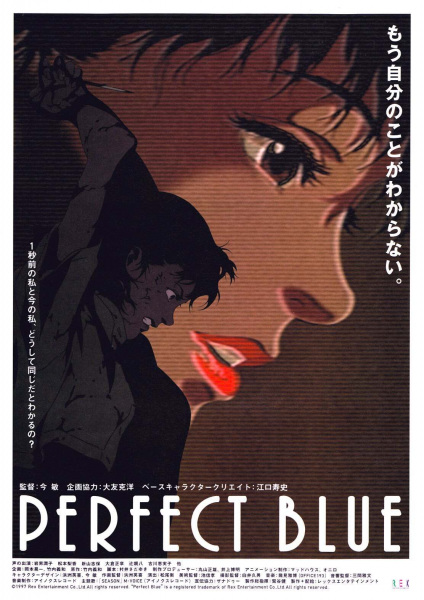
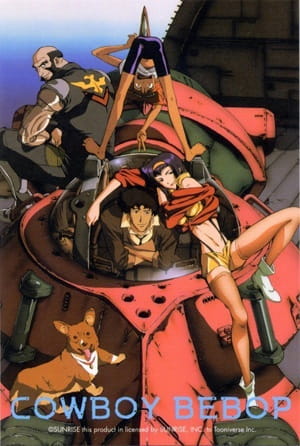
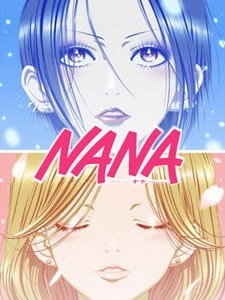
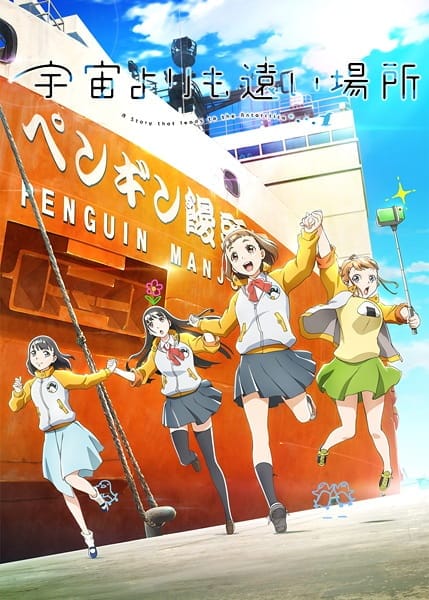
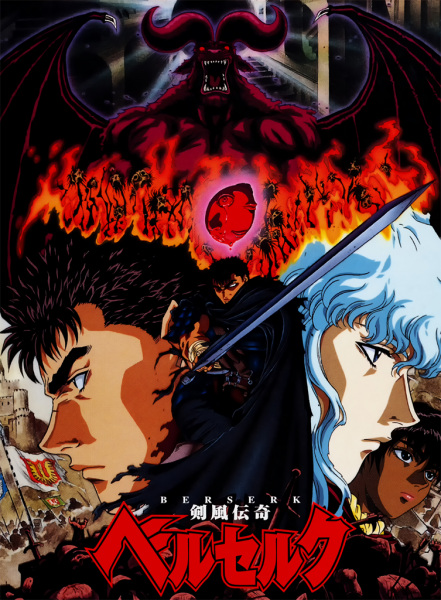

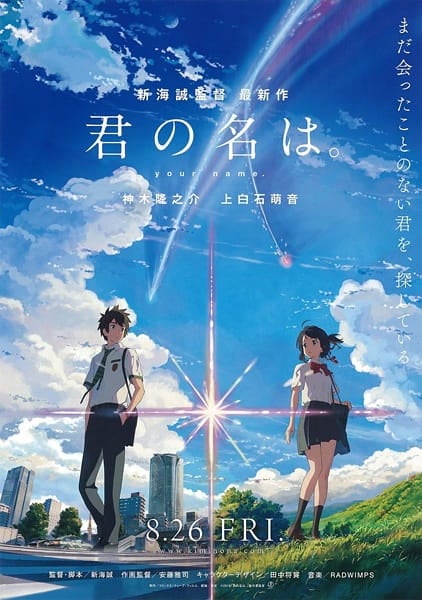
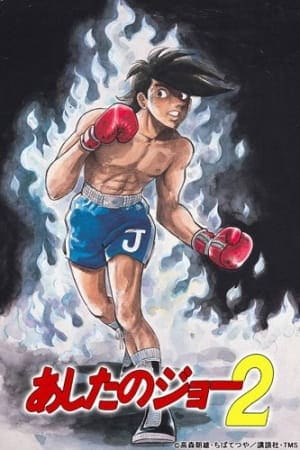
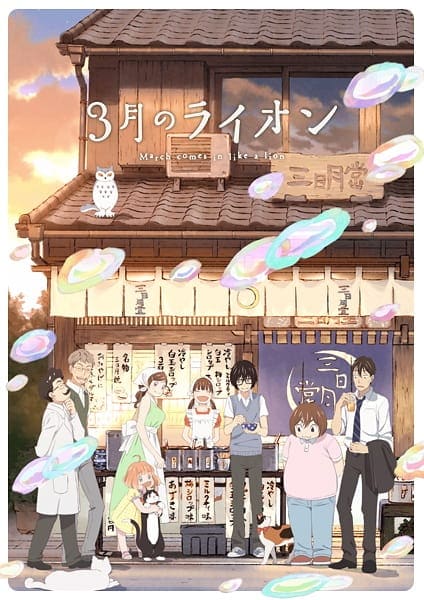
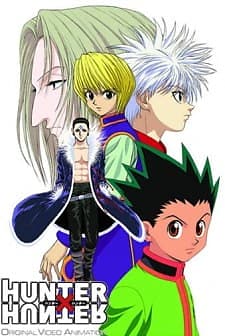
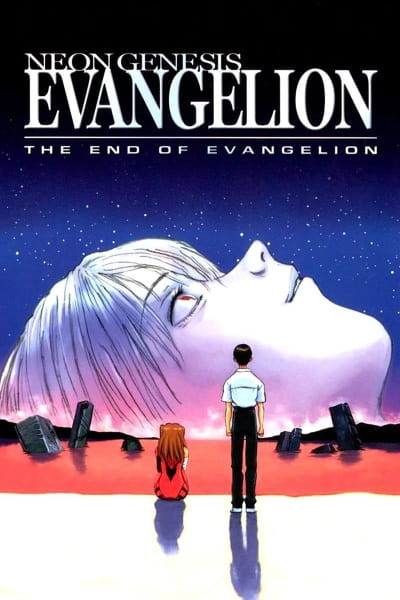
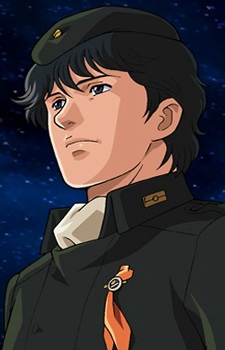
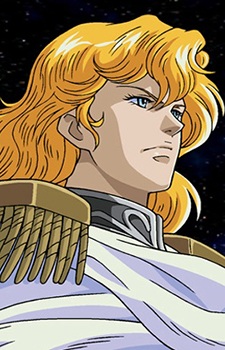
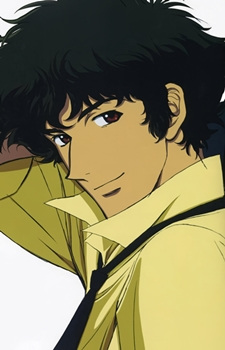
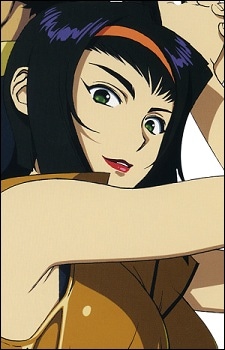

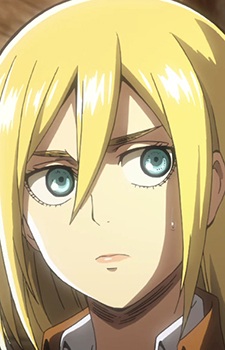
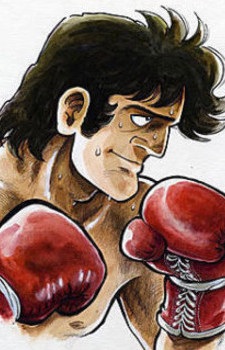
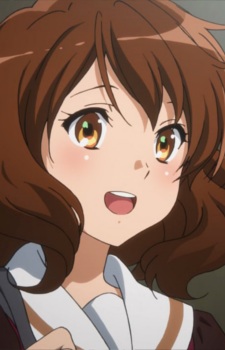
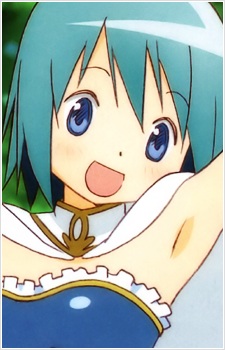
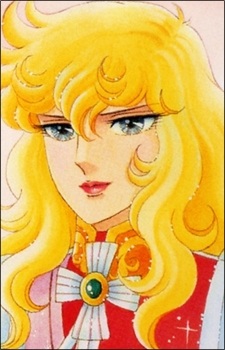

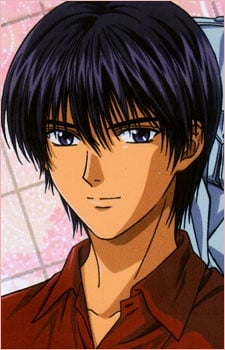
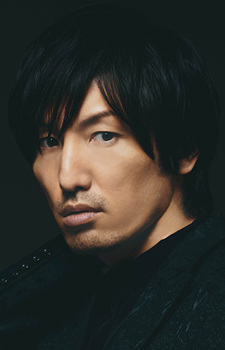
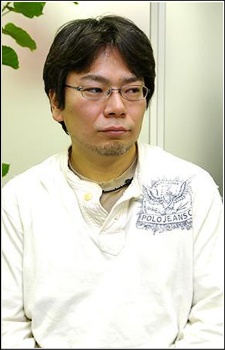
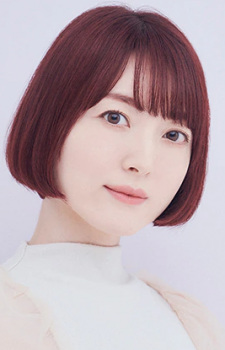
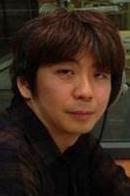








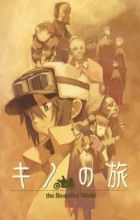






























All Comments (8) Comments
I'm actually subscribed to on YouTube two Christianity/religion related anime channels "christian anime podcast" and "cultured crusader" although tbh I haven't watched any of their new videos recently.
you might like https://myanimelist.net/anime/1140/Giniro_no_Kami_no_Agito noticed it wasn't on your list.
https://myanimelist.net/animelist/ShaggyZE?status=7&tag=Studio+Ghibli&order=4&order2=-14